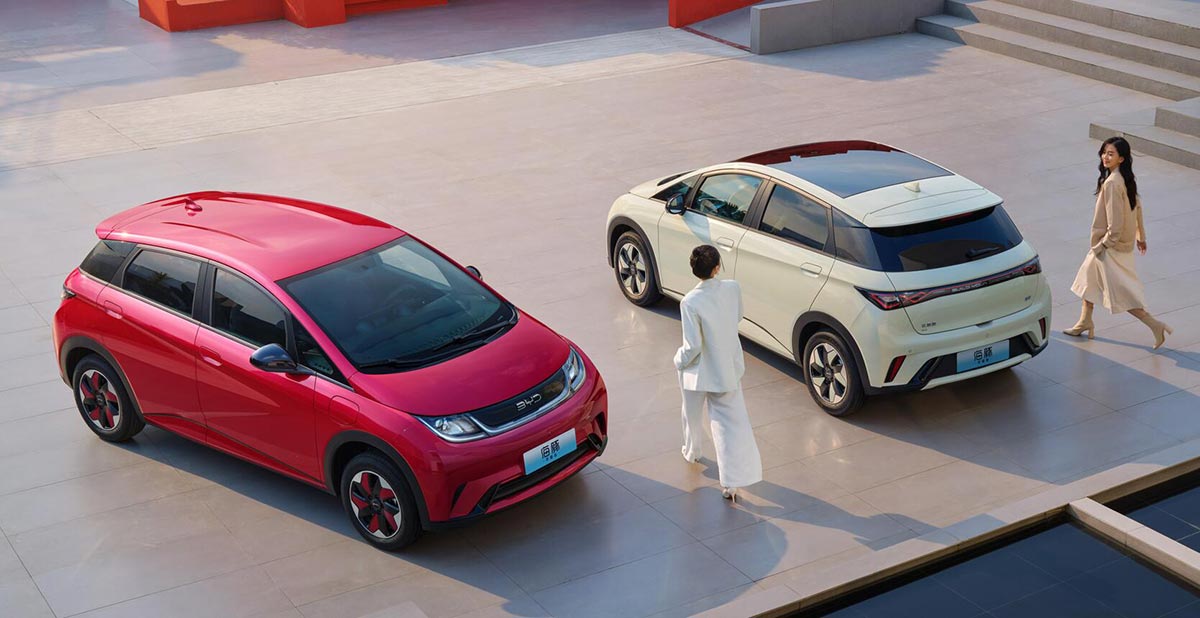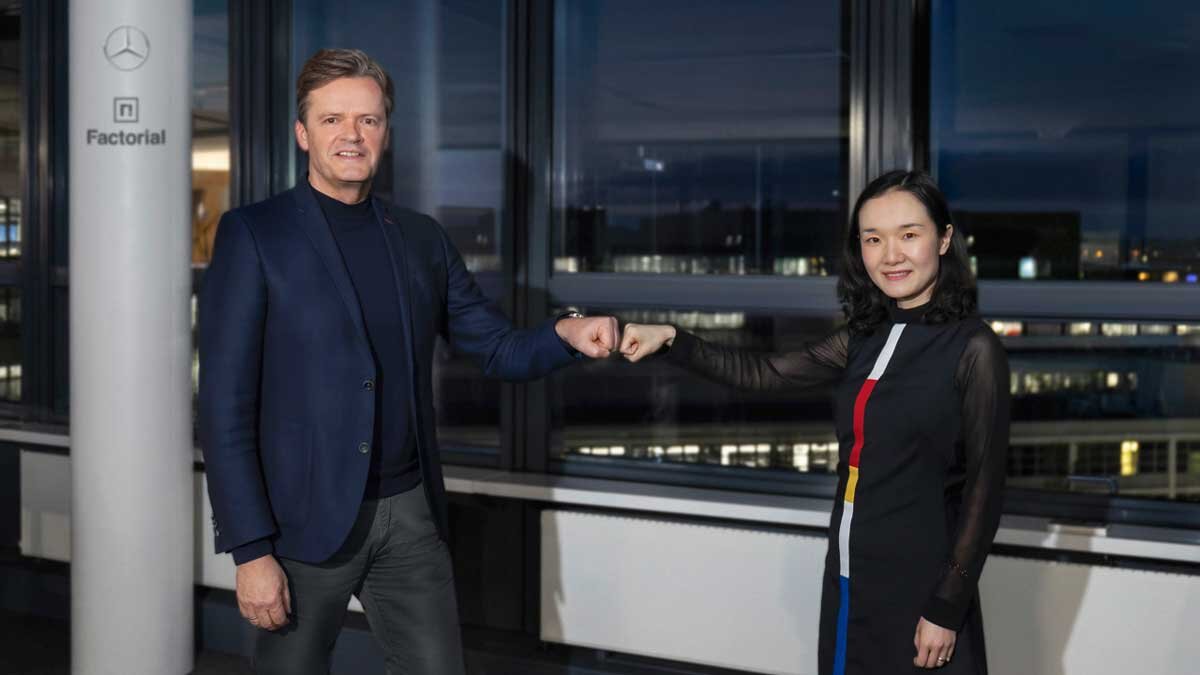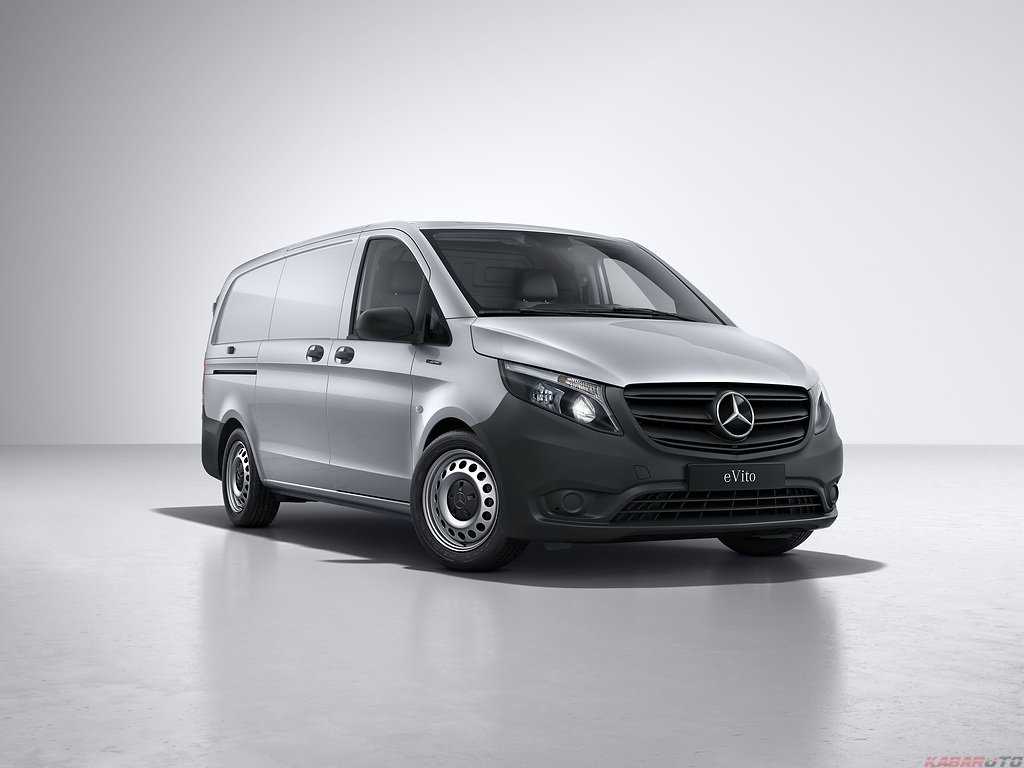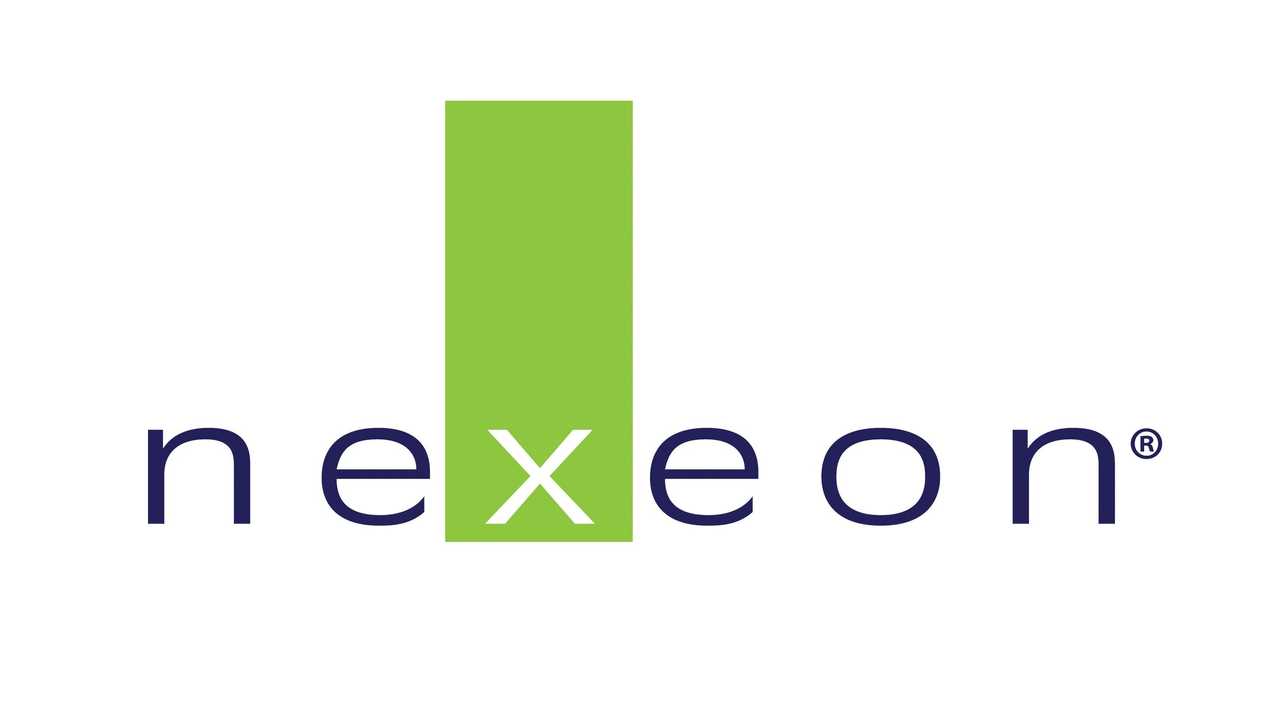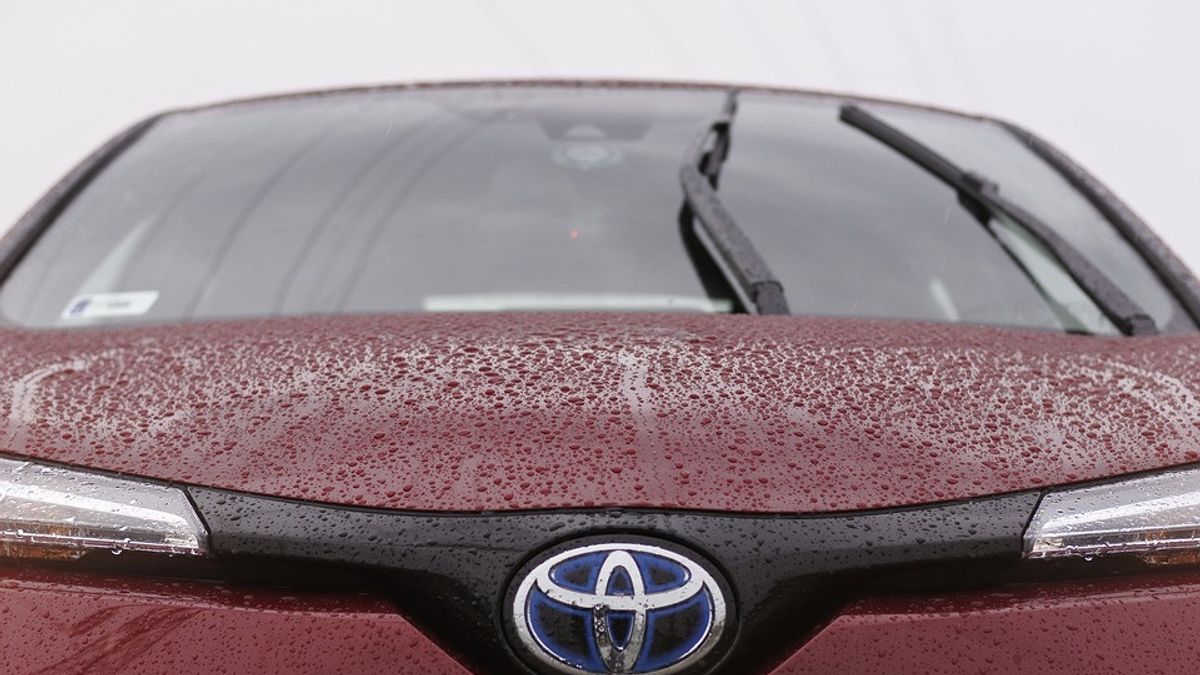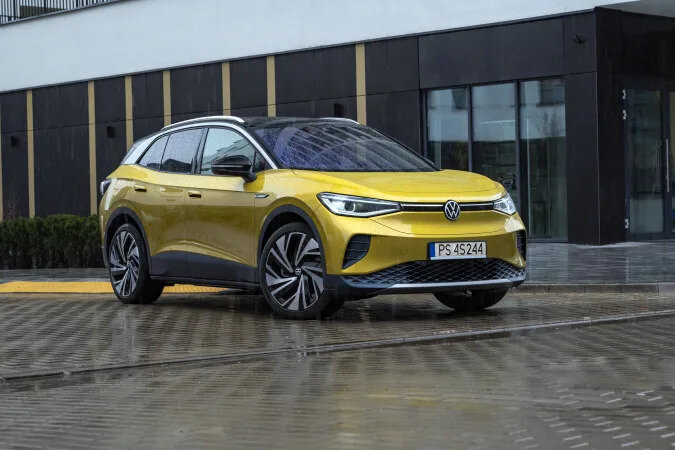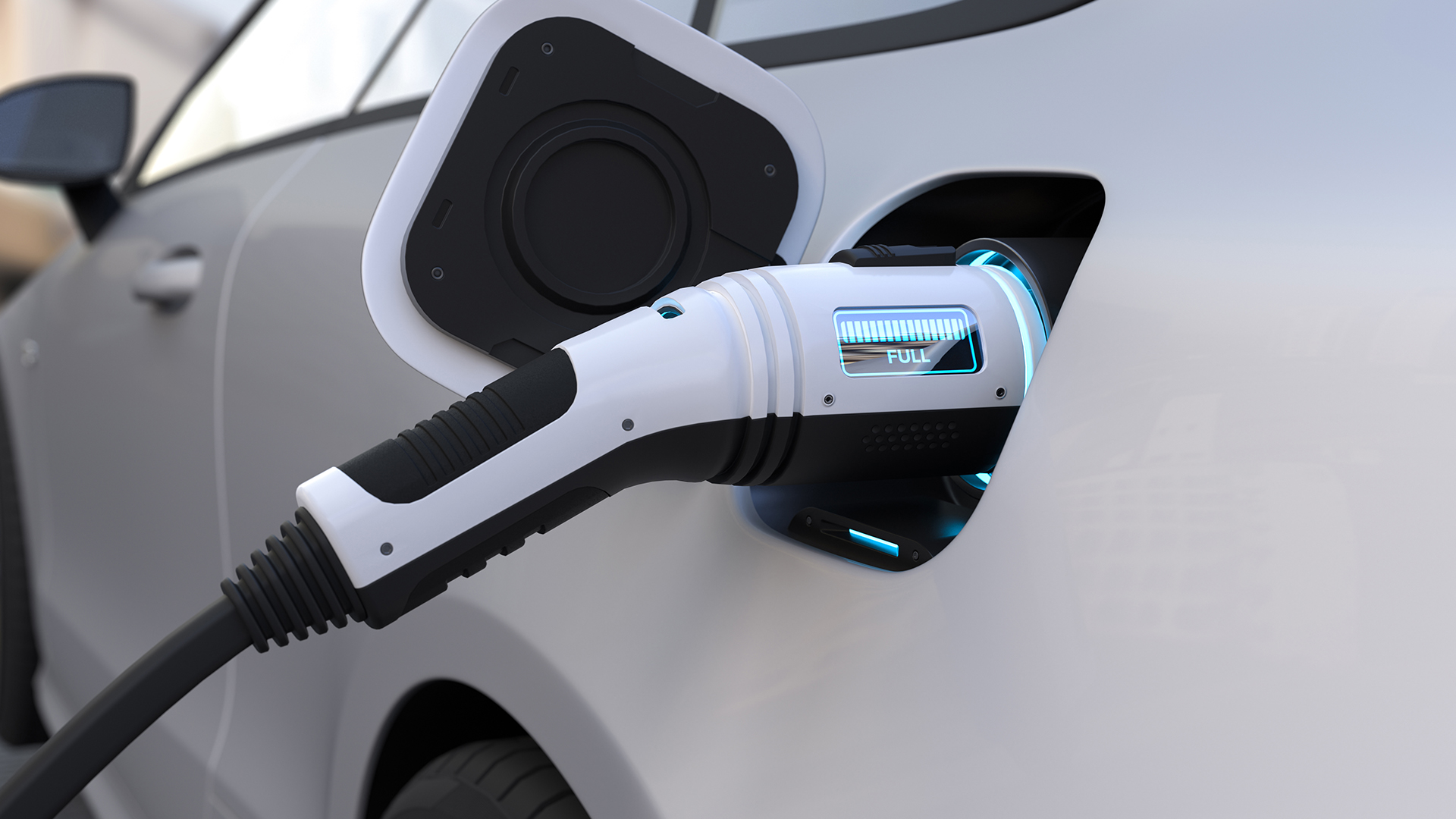As competition in the electric vehicle (EV) battery market intensifies, BYD is gearing up to launch its next-generation Blade EV battery in 2025. The new battery promises enhanced driving range, faster charging, and a 15% reduction in cost compared to its predecessor. BYD, the world’s second-largest EV battery maker behind CATL, is positioning the new Blade batteries to offer higher energy density, up to 210 Wh/kg, and faster charging rates, with two versions expected to cater to different performance needs.
According to Cao Shuang, BYD’s managing director for Central Asia, the next-gen Blade batteries will feature significant advancements. “In the coming years, 2025, BYD will introduce the new generation of our remarkable blade battery,” he said in a recent interview. The new battery will have two versions: one with 210 Wh/kg energy density and an 8C discharge rate, and another with a lower energy density of 160 Wh/kg, offering a discharge rate of 16C and a charge rate of 8C. These innovations are part of BYD’s strategy to reduce costs and increase competitiveness in the rapidly evolving EV market.
The new Blade batteries will be priced lower, aiming for a 15% reduction in cost compared to the current Blade battery, which has an energy density of 150 Wh/kg. Industry experts note that the EV battery price war is intensifying, with suppliers like CATL already slashing prices of their LFP batteries. CATL has reduced its LFP battery prices from 0.9 yuan/Wh to 0.35 yuan/Wh, particularly for entry-level models. As the battery market heats up, BYD is aiming to offer premium LFP batteries at competitive prices to rival NMC batteries, positioning itself to capture a larger share of the global EV battery market.
According to Goldman Sachs, global EV battery prices are expected to fall by 50% by 2026, which would bring the average price to $80/kWh. This price reduction is expected to bring EVs closer to cost parity with gasoline-powered vehicles in the US without subsidies. BYD, which holds a 16.4% share of the global EV battery market, remains a strong contender in this evolving landscape, as it continues to ramp up sales of new energy vehicles (NEVs). The company is on track to outsell Ford and Honda in 2024, having sold 3.7 million vehicles through the first 11 months of the year, further solidifying its position in the EV market.
Source: CarNewsChina

